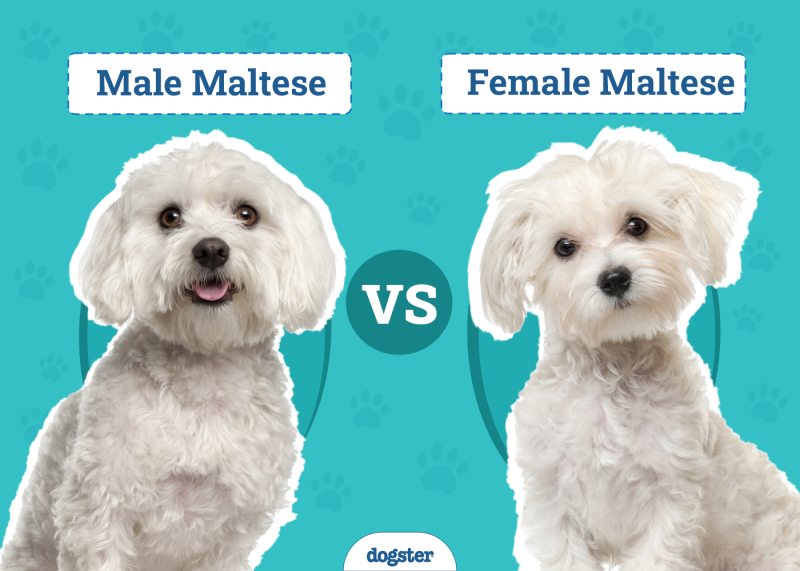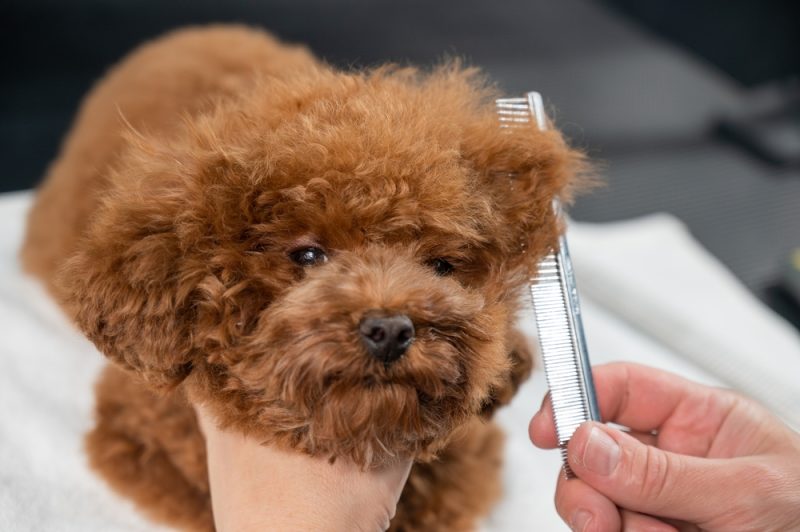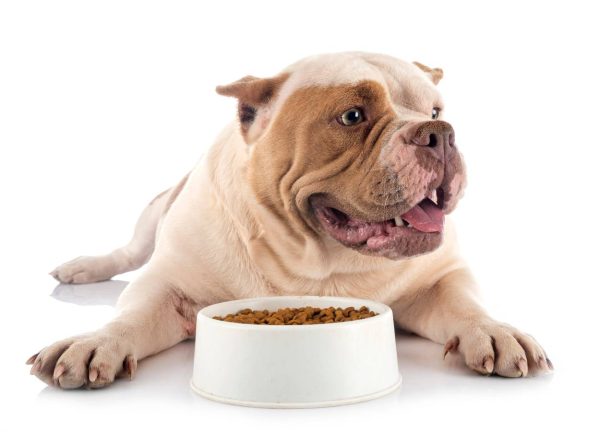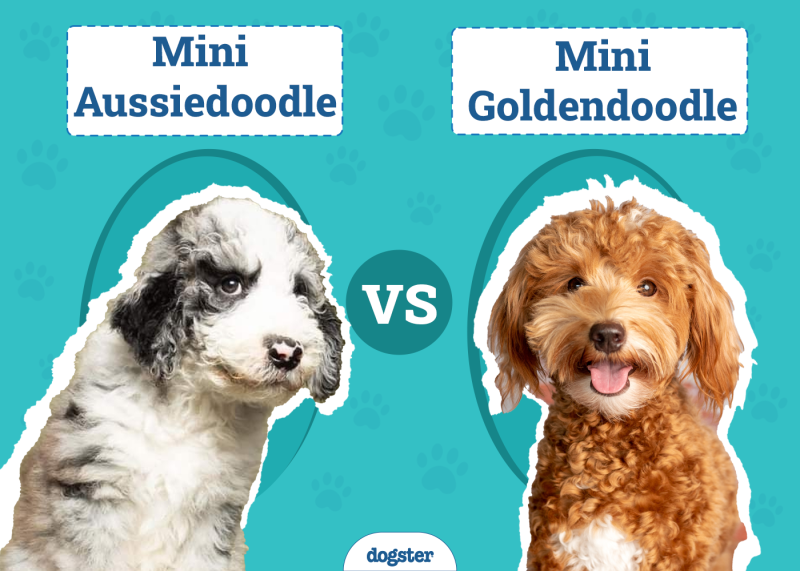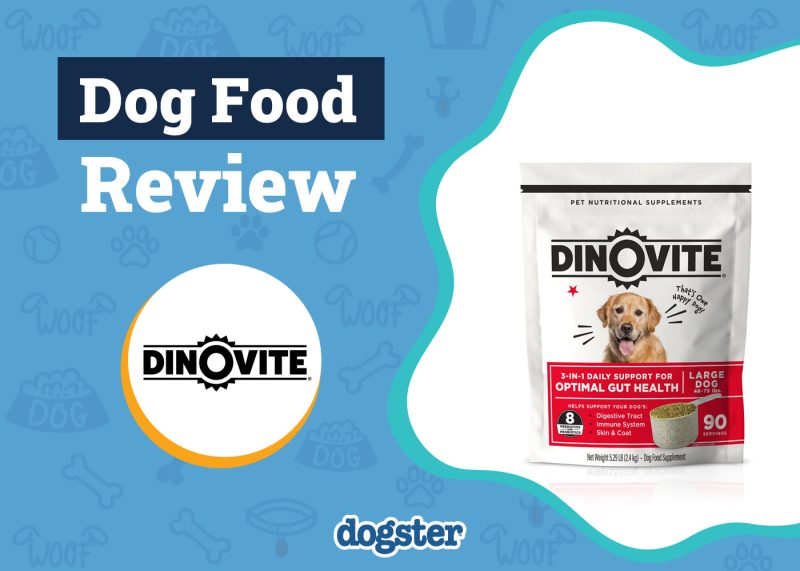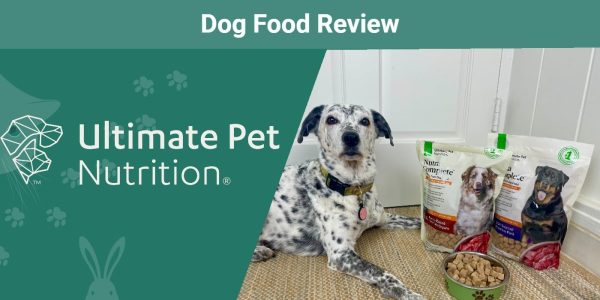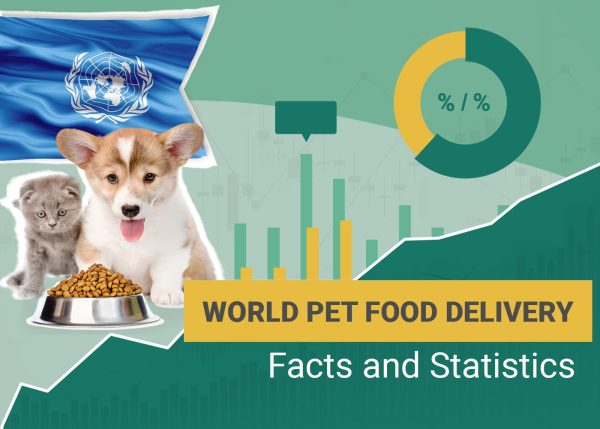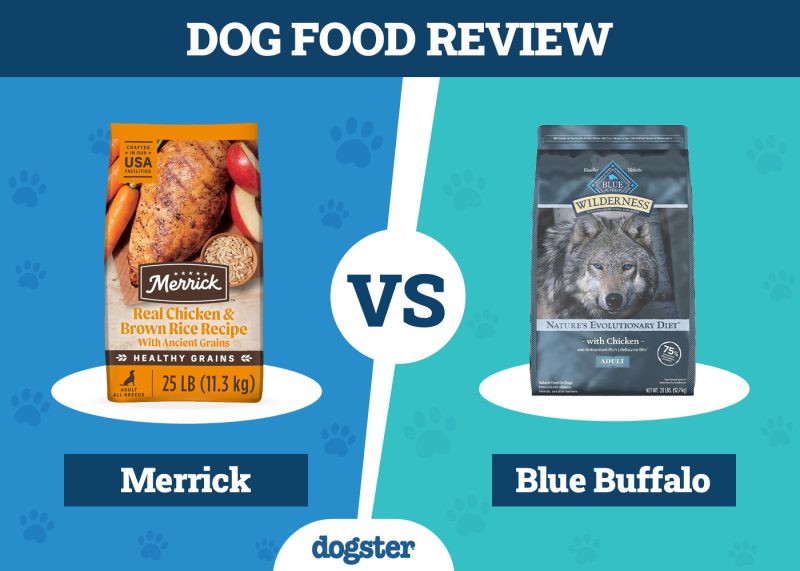Human foods can be quite tempting for our pets, and despite our best efforts to keep them put away, sometimes our pups still get into them. While almonds aren’t technically toxic for dogs like some other nuts, they definitely aren’t an ideal snack. So, if your dog only ate a couple, you likely won’t have to rush them to the vet right away, but you will need to watch them closely.

What Happens if My Dog Eats Almonds?
Almonds aren’t toxic to dogs as some types of nuts or chocolate are, but your pup can’t digest almonds the way you do. If your pup eats a few almonds, you likely don’t need to reach out to the animal poison control hotline, but they can present several dangers you’ll need to keep an eye out for.
There are numerous medical reasons you shouldn’t give your dog almonds. If your pup manages to eat a few, you should watch out for the following signs. If your dog starts to display any of them, reach out to their vet or the animal poison control hotline immediately.
- Vomiting
- Diarrhea
- Gas
- Loss of appetite
- Lethargy
- General discomfort
If you need to speak with a vet but can't get to one, head over to PangoVet. It's our online service where you can talk to a vet online and get the advice you need for your pet — all at an affordable price!
Dangers of Feeding Almonds to Dogs
There are several negative short-term and long-term side effects of feeding your pup almonds. For starters, your dog doesn’t always chew their food thoroughly, and as a result, feeding them almonds can lead to obstruction problems in their esophagus, stomach, or small intestine.
Furthermore, your dog can’t digest almonds as well as you, and because of this, even a few almonds can lead to severe gastrointestinal problems. Not only can it cause regular digestive problems like vomiting and diarrhea, but in some dogs, the higher fat content can lead to pancreatitis.
If the almonds have a lot of salt or additional seasonings on them, it can lead to other problems as some of the ingredients could be toxic.
When Should You Reach Out to the Vet?
If your dog eats a handful of almonds, you likely don’t need to reach out to the vet immediately, but speak to your vet if those almonds are coated in chocolate or other seasonings. With that in mind, there are several factors you should keep in mind. First, consider the size of your dog.
Larger dogs, like Saint Bernards, can eat a few almonds and likely won’t need a trip to the vet. But a smaller dog, like a Chihuahua, may need medical treatment after eating far fewer almonds.
Next, keep a very close eye on them. If they start to show any signs of gastrointestinal distress or any other kind of discomfort, get them help.
Finally, when in doubt, play it safe. You might not want to pay for an extra trip to the vet, but it’s better to pay for something you don’t need than to wish you had taken your pup to the vet after something happens.
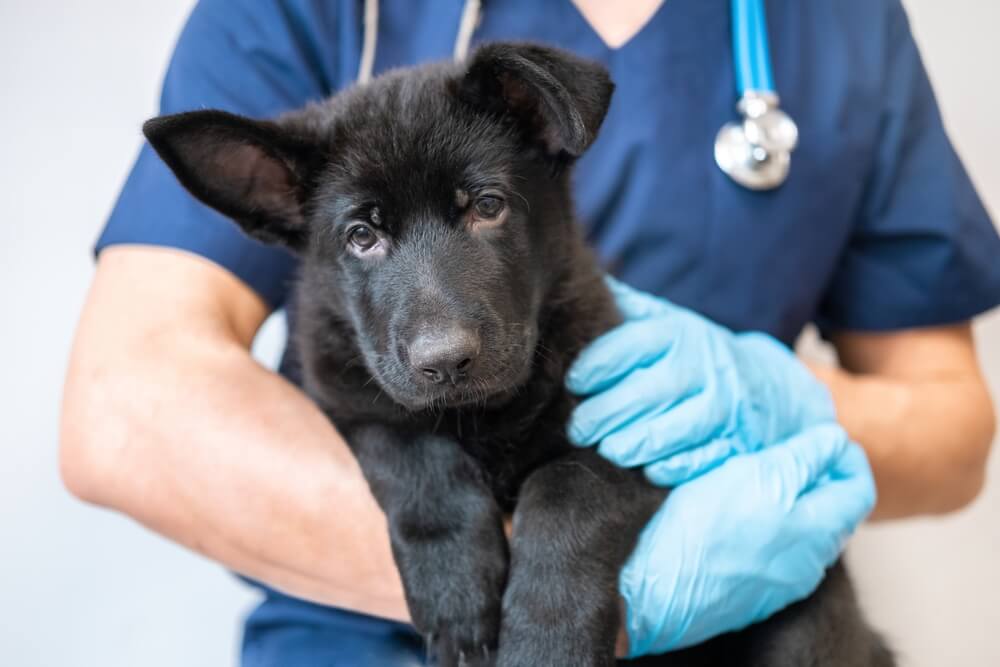
Which Nuts are Most Toxic for Dogs?
The most toxic nuts for dogs are macadamia nuts and black walnuts. Furthermore, any moldy or spoiled walnut (or nut in general) can be extremely toxic for dogs as well. If your dog eats any of these nuts, we recommend seeking medical attention immediately.
Other nuts, like pistachios, cashews, and pecans, are high enough in fat that they really shouldn’t be a part of your dog’s regular diet. If your dog happens to eat a large amount of these types of nuts, reach out to a vet to determine which steps you should take.
What About Other Almond Products?
When it comes to things like almond milk or almond butter, you need to be extremely careful. One of the biggest concerns is that these types of products could contain excess sugar, salt, or xylitol, with xylitol actually being toxic to dogs. While your dog could be safe taking a few licks of almond butter or milk that are free from xylitol, these products are often very high in fat and can lead to things like upset stomach, diarrhea, obesity, and pancreatitis.
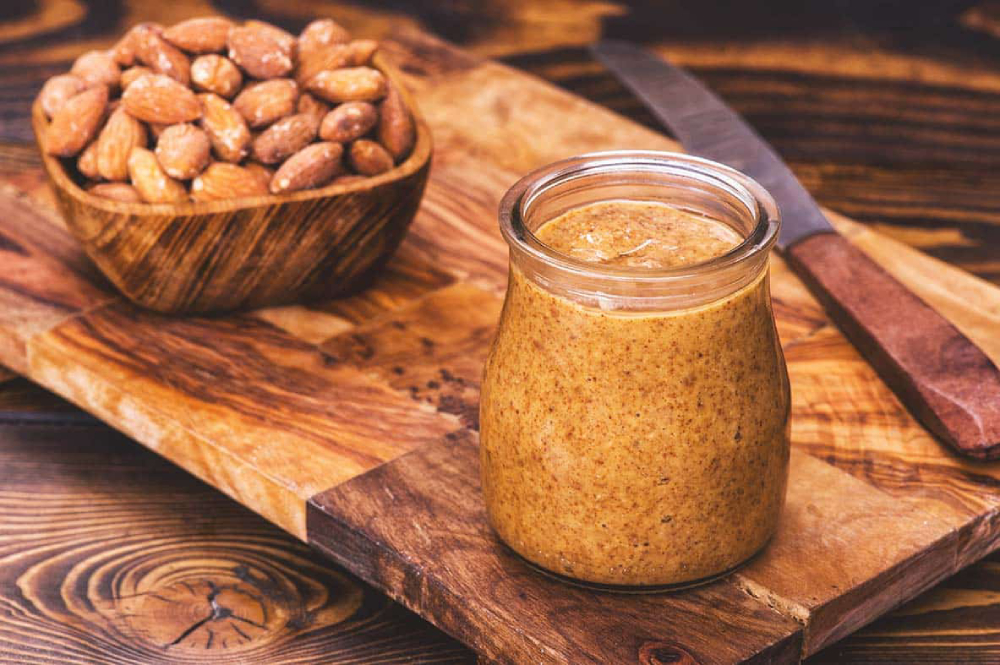

Conclusion
If you’re thinking about adding almonds to your pup’s diet, don’t do it. But if your dog managed to eat a few while you weren’t looking, you likely just need to keep a close eye on them for the next few days. If they’re acting normally and aren’t in any discomfort, you should be in the clear.
But whenever you’re in doubt, play it safe and take them to the vet. Even if everything is alright, you’ll get the peace of mind you need to get back to enjoying your day!
Featured Image Credit: Krasula, Shutterstock


